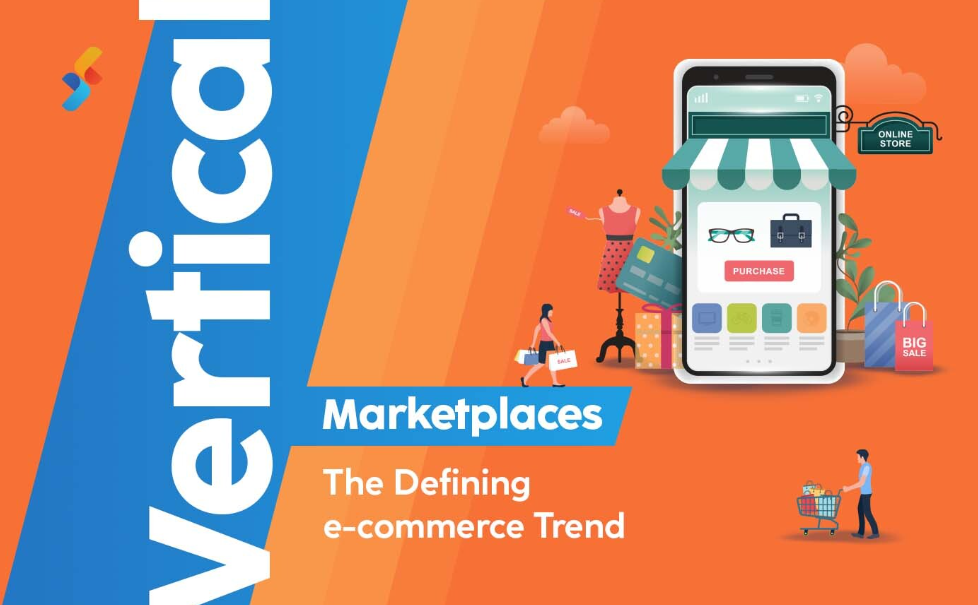Introduction
Global trade has long been dominated by large corporations with the resources to manage complex logistics, documentation, and compliance systems. Smaller businesses often struggled to compete because of limited access to technology and global visibility. In 2025, a new generation of automation tools called Agentic AI is changing that landscape. These intelligent systems can perform end-to-end trade workflows with minimal human input, enabling small and medium enterprises to participate in global commerce with the same level of sophistication as multinational companies.
Why It Matters for B2B and SMEs
The B2B trade ecosystem is defined by information flow, data integrity, and speed. Historically, small businesses lacked the scale to manage these efficiently. Agentic AI introduces a layer of automation and intelligence that removes many traditional barriers. These AI agents can translate product catalogs, verify suppliers, process customs paperwork, and manage shipments in real time. This creates an entirely new competitive environment where efficiency is no longer tied to company size but to technological adoption.
Core Applications of Agentic AI in Trade
Agentic AI systems use automation, natural language processing, and predictive modeling to handle trade operations. Key applications include:
- Smart supplier discovery: AI agents analyze public data, reputation records, and performance metrics to recommend verified suppliers.
- Automated document management: Agents handle contracts, customs forms, and invoices, reducing manual errors and delays.
- Predictive logistics: Real-time monitoring of routes, carriers, and weather data allows agents to optimize shipments before problems arise.
- Multilingual localization: Product information and technical data are automatically translated with regional and industry-specific accuracy.
- Risk and compliance tracking: Agents monitor trade regulations and alert businesses to potential compliance issues.
These capabilities allow SMEs to scale globally while maintaining control over cost and accuracy.
Impact Across Business Functions
Agentic AI does not just simplify trade operations. It connects departments in ways that improve collaboration and performance.
- Procurement teams can find and evaluate suppliers faster.
- Operations managers gain real-time insight into supply chains and can prevent disruptions.
- Finance departments benefit from precise forecasting and faster invoice processing.
- Sales and marketing teams can expand into new regions with less administrative overhead.
By reducing friction across the value chain, AI-driven trade management strengthens an SME’s ability to grow sustainably.
Strategic Recommendations for B2B Leaders
- Start with a clear use case: Identify repetitive and data-heavy workflows that can be automated first.
- Clean and structure your data: AI models perform best when trade, supplier, and inventory data are accurate and standardized.
- Build hybrid models: Combine automated workflows with human review checkpoints to maintain oversight.
- Invest in AI partnerships: Collaborate with logistics and compliance platforms that are already developing AI-ready tools.
- Measure results: Track efficiency gains, processing time reductions, and error rates to demonstrate ROI.
Risks and Challenges
Adopting Agentic AI introduces operational and ethical challenges. Inaccurate data can cause misclassifications or failed shipments. Overreliance on automation may reduce human oversight, leading to compliance errors. SMEs must also navigate differing international regulations related to AI use and data handling. Trust and adoption will take time as companies learn to balance automation with accountability.
The Global Outlook
Governments and trade institutions are beginning to explore regulatory frameworks for AI-powered commerce. Large logistics and e-commerce platforms are already piloting agent-to-agent communication systems that can negotiate shipping rates, schedule deliveries, and manage customs documentation autonomously. Over the next few years, these technologies are expected to reduce trade friction, boost transparency, and redefine how supply chains operate globally.
Conclusion
Agentic AI is not just another automation trend. It represents a structural transformation in how global trade is conducted. By making advanced trade management accessible to smaller enterprises, it is unlocking a new era of inclusive growth. For B2B organizations, adopting Agentic AI is no longer optional. It is a strategic necessity that will determine which businesses thrive in the next decade of global commerce.






